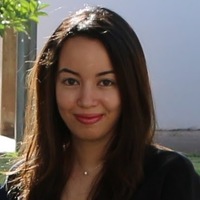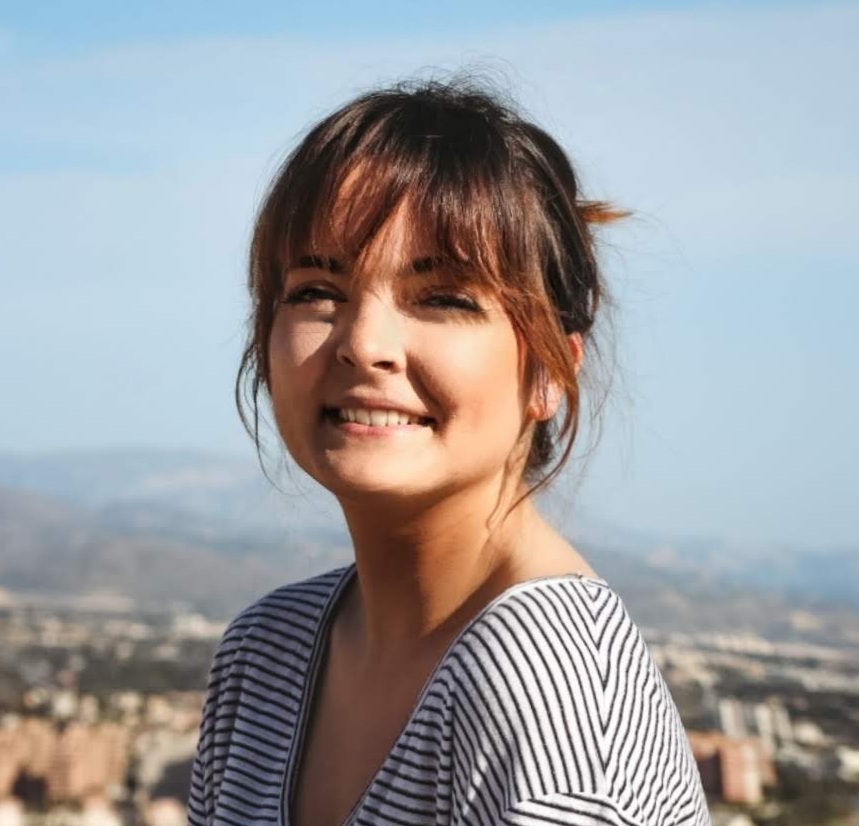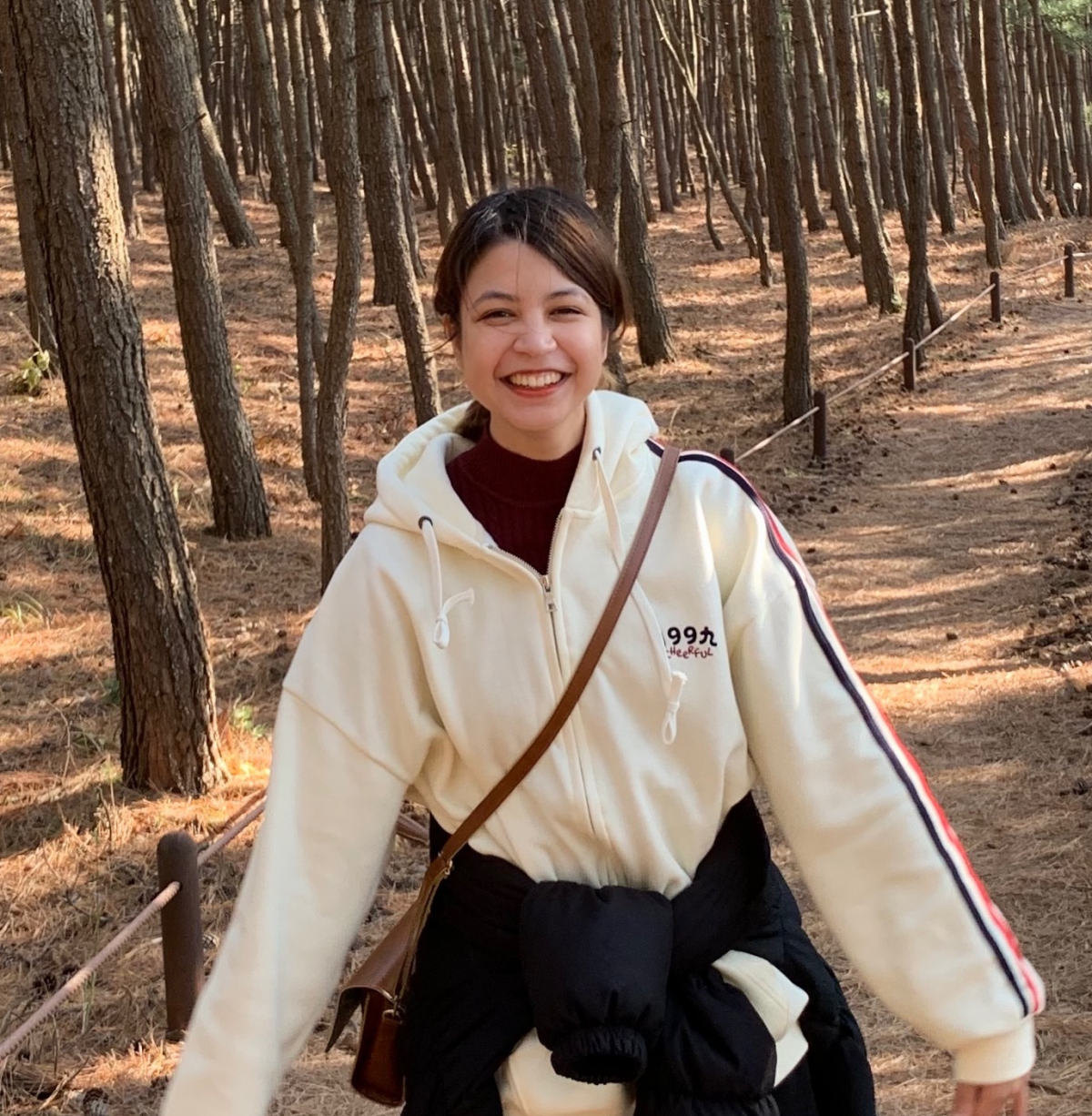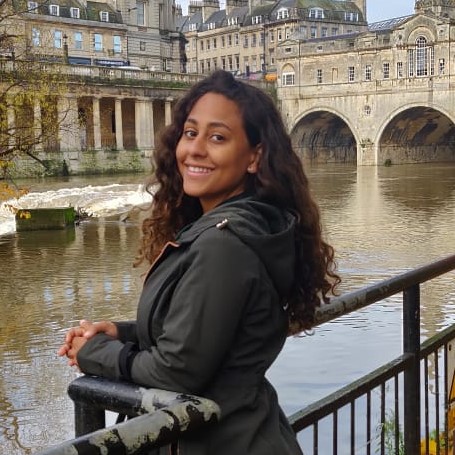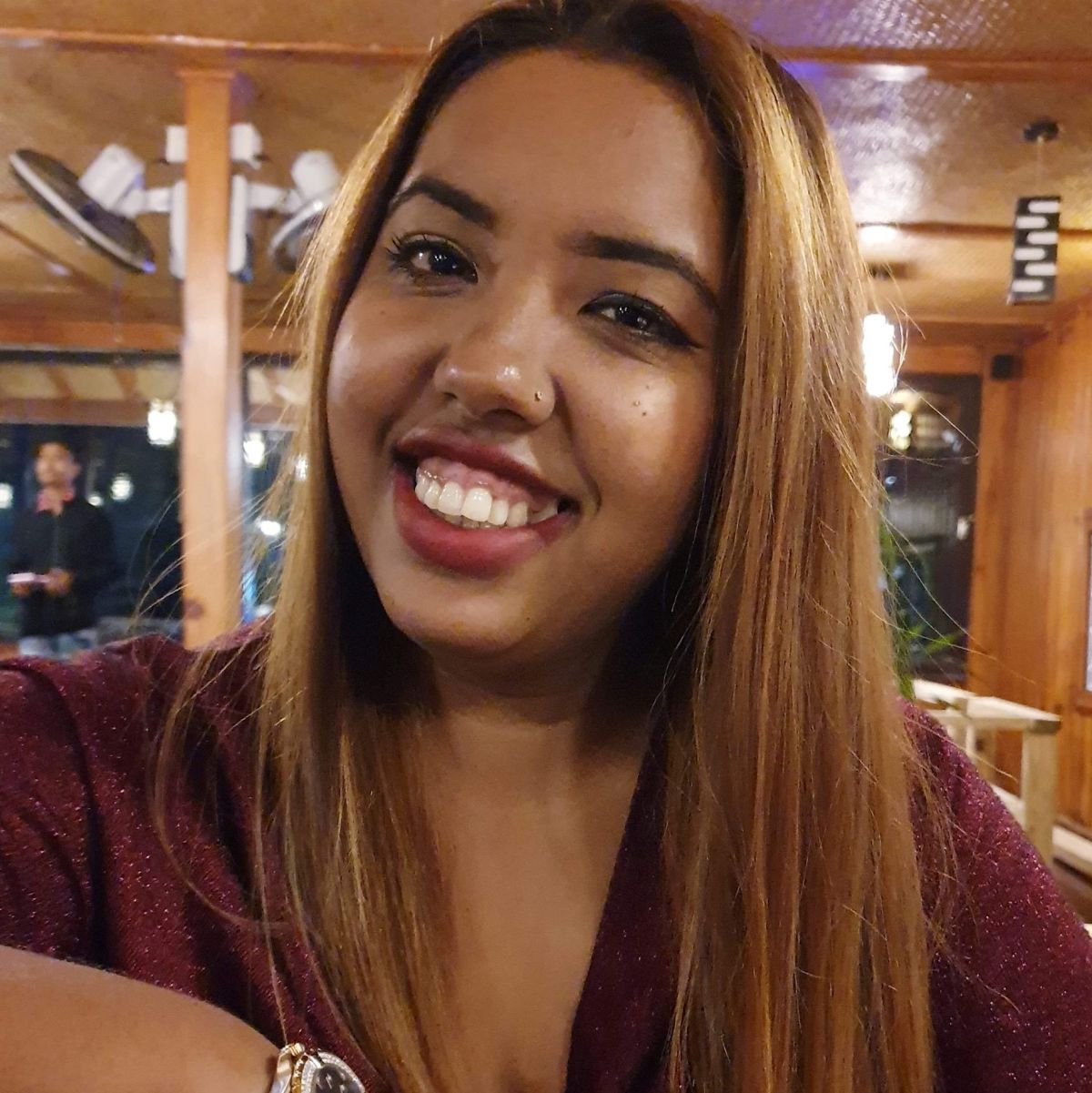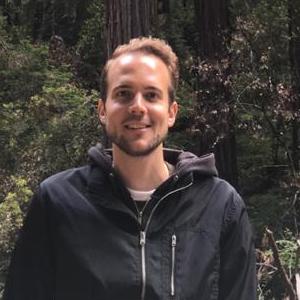Das Mädchen im Rock
Da fragt man sich vielleicht, wie es ist, als eine Frau in einem Land zu leben, in dem es an Sicherheit mangelt?
Morocco, Northern Africa
Eine Geschichte von Hajar Lassiliya. Übersetzt von Veronica Burgstaller
Veröffentlicht am April 18, 2020.
Diese Geschichte ist auch verfügbar in 






Laut dem „WomanStats Project“ lag Marokko 2019 ganz unten. Da fragt man sich vielleicht, wie es ist, als eine Frau in einem Land zu leben, in dem es an Sicherheit mangelt.
Mein Name ist Hajar, ich bin eine 25-jährige Frau und lebe in Agadir, Marokko. In der kollektiven Gesellschaft von Marokko vorherrschen alte patriarchalische Traditionen und der islamische Glaube. Frauen stehen in einer niedrigeren Position als Männer. Wir haben eine sehr begrenzte Freiheit; Ausgehen, das Leben erleben und die Zukunft des eigenen Lebens bestimmen, hängt hauptsächlich von Männern ab, insbesondere in ländlichen Gebieten. Es sind die Väter, Brüder und manchmal sogar Verwandten, die bestimmen können, was eine Frau tun oder nicht tun soll und wie wir unser Leben leben müssen. Erst in den letzten Jahrzehnten wurde es gesellschaftlich akzeptabel, Frauen neben Männern in Cafés in großen Städten Marokkos sitzen zu sehen.
Im Jahr 2015 wurden zwei junge Mädchen in Röcken in Inezgane, einer konservativen Stadt neben meiner Stadt Agadir, von einer wütenden Menge angegriffen, da das Tragen von Röcken als unangemessen angesehen wird. In der Innenstadt ist jedoch ein Mädchen in einem kurzen Kleid akzeptabel. Manchmal kann das Tragen von Röcken das Leben einer Frau gefährden. Um sicher zu sein, bedecken Frauen ihren Körper, wenn sie sich in solchen Orten befinden.
Du wirst mich wahrscheinlich bitten, die Veränderung zu sein, die ich in meiner Gesellschaft sehen möchte. Aber ich habe zu viel Angst davor. Wenn ich Namen höre, senke ich den Kopf und gehe weg. Wenn ich einen Rock tragen möchte, gehe ich zu einem touristischen Ort und fahre mit dem Auto. Ich habe Angst, alleine auf der Straße zu gehen. Ich bin es gewohnt, auf der Straße Namen genannt zu werden. Solange diese Männer nicht in meine Nähe kommen, geht es mir gut. Marokkanische Frauen sind es gewohnt, täglich belästigt zu werden, wenn sie in die Öffentlichkeit gehen. Wenn wir ausgepfiffen werden, denken wir nur, dass es normal ist, auch wenn es eigentlich nicht ist.
Es gibt eine Geschichte, die ich nicht vergessen kann. Es ist die Geschichte eines Mädchens, das am Strand von Rabat, der Hauptstadt Marokkos, von zwei Männern vergewaltigt wurde. Solche Dinge werden normalerweise verschwiegen gehalten, um die Familie nicht zu beschämen, aber dieses Mädchen war mutig genug, sich zu äußern. Aber kannst du erraten, was die meisten Leute sie fragten: Was sie an dem Tag getragen hatte! Als wäre es ihre Schuld gewesen! Als ob dies die Vergewaltigung rechtfertigen könnte! Es ist niemals die Schuld eines Mannes. In Marokko ist es immer die Schuld der Frau, egal was passiert.
In den meisten Fällen werden vergewaltigte Frauen aus dem Haus geworfen, weil sie die Familie beschämt (Abtreibung ist in Marokko illegal). Wenn sie nicht aus freien Stücken davonläuft, findet sie sich allein mit einem Baby wieder. Prostitution ist dann die einzige Option, die sie finden wird. Ein ganzes Leben, das durch die Schuld eines anderen zerstört wurde.
Ich denke, der Wunsch für Gleichberechtigung mit Männern, ist noch ein zu hohes Maßstab zu setzen. Ich möchte nur respektiert werden.
Was macht diese Geschichte mit dir?
Follow-up
Do you have any questions after reading this story? Do you want to follow-up on what you've just read? Get in touch with our team to learn more! Send an email to [email protected].
Unterhalte Dich über diese Geschichte
Please enable cookies to view the comments powered by Disqus.
Subscribe
Melde Dich an für unseren monatlichen Newsletter und bleibe up-to-date mit neuen Geschichten auf Correspondents of the World.
Mehr Geschichten auf Deutsch
Tags
Erkunde andere Themen
Mach mit
At Correspondents of the World, we want to contribute to a better understanding of one another in a world that seems to get smaller by the day - but somehow neglects to bring people closer together as well. We think that one of the most frequent reasons for misunderstanding and unnecessarily heated debates is that we don't really understand how each of us is affected differently by global issues.
Unser Ziel ist es, dies zu verbessern - und zwar mit jeder Geschichte, die wir teilen.
Community Weltweit
Correspondents of the World is not just this website, but also a great community of people from all over the world. While face-to-face meetings are difficult at the moment, our Facebook Community Group is THE place to be to meet other people invested in Correspondents of the World. We are currently running a series of online-tea talks to get to know each other better.











